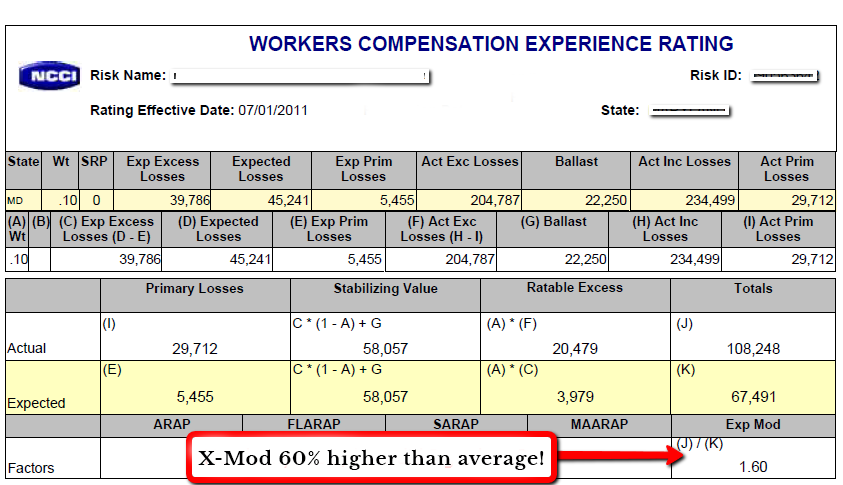27 Mar Best Practices for Rescinding a Job Offer
In most cases, the transition from hiring to onboarding an employee is straightforward. However, in some instances, employers may find themselves in a position where they must rescind a job offer. This is a difficult situation for both the employer and the newly hired candidate....












